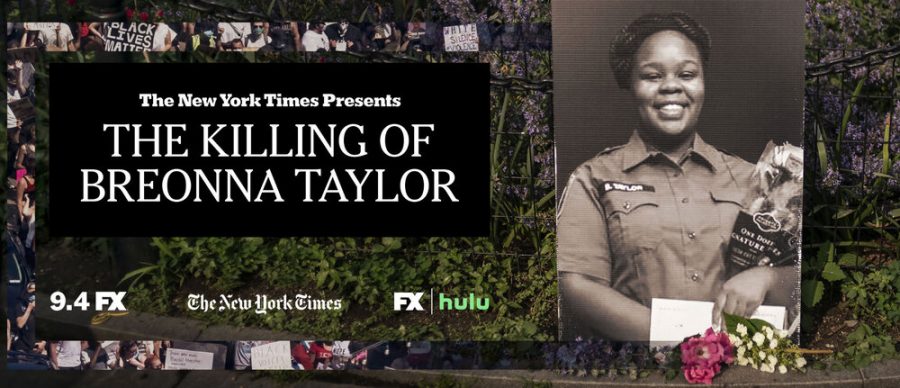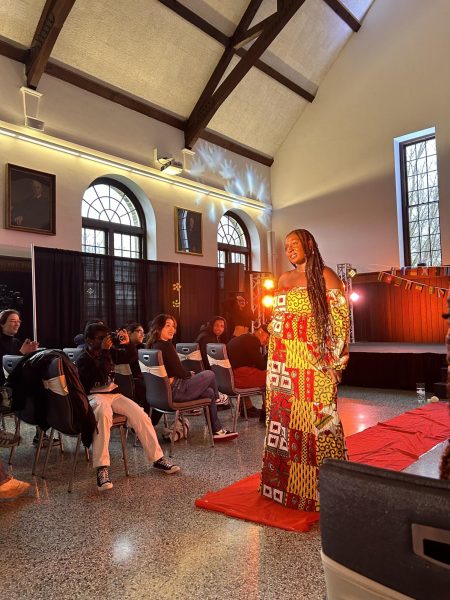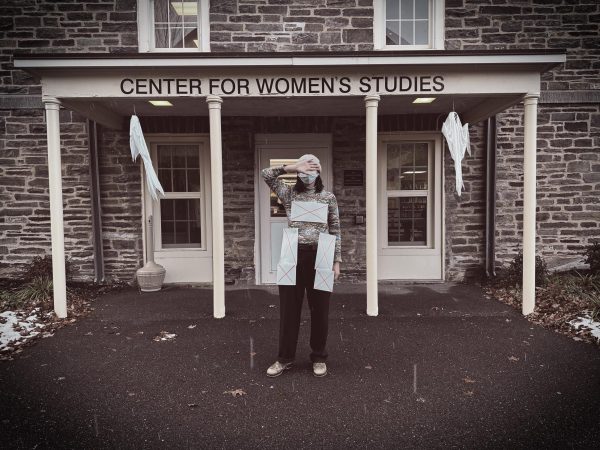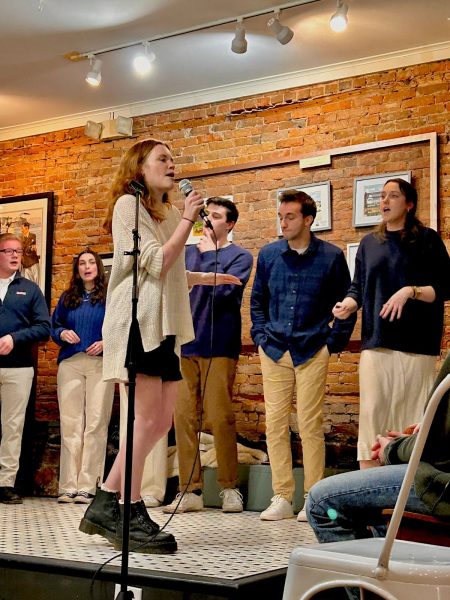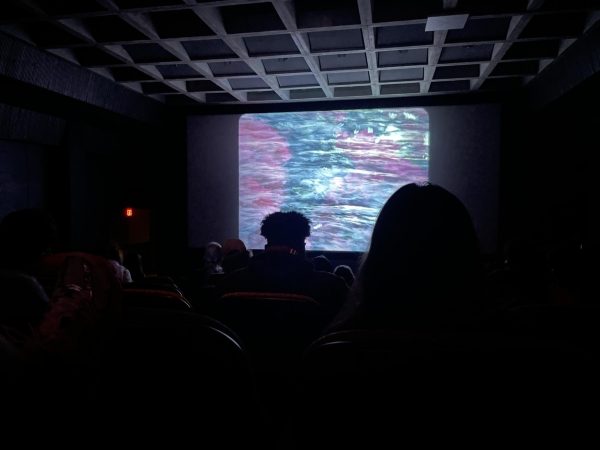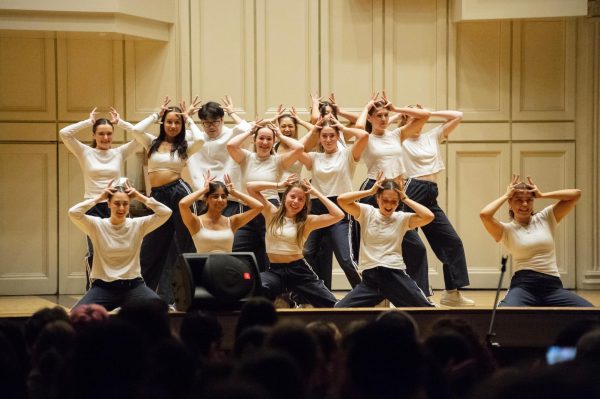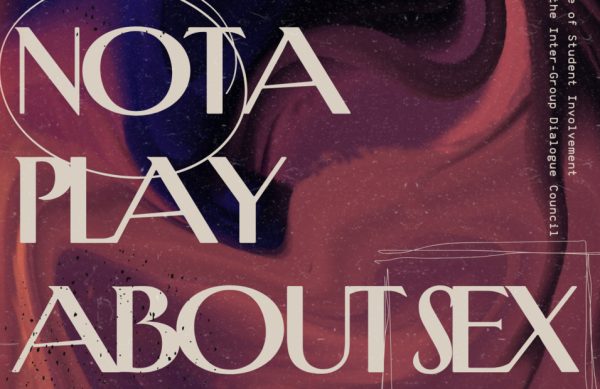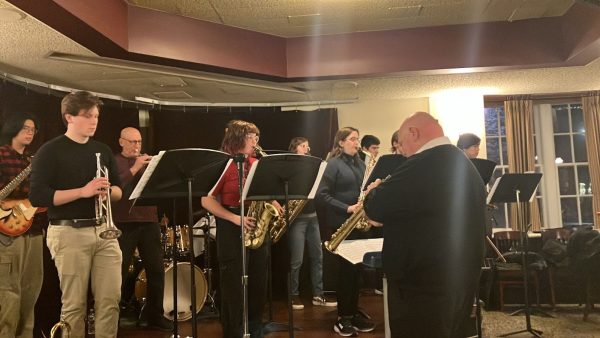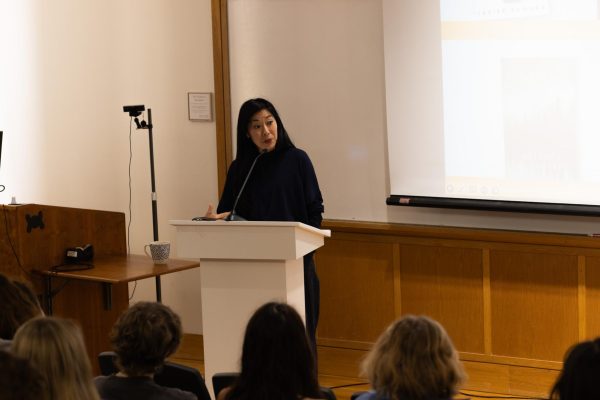Filmmaker Yoruba Richen Discusses New Documentary on the Killing of Breonna Taylor
Shortly after midnight on March 13, 26-year-old medical worker Breonna Taylor was killed in her own home in Kentucky in a suspiciously investigated and executed drug raid. With little regard for citizens’ lives or protocol, three Louisville police officers named Jonathan Mattingly, Brett Hankison and Myles Cosgrove burst into 3003 Springfield Drive unannounced, showering the apartment with bullets. Eight of them hit Breonna Taylor.
As news of the tragedy traveled around the country millions spoke out demanding immediate justice for Taylor and further fueling the publicity of the Black Lives Matter (BLM) movement. Though only recently garnering considerable media attention and spotlight, it is important to recognize that the BLM movement has existed for centuries, the global coverage of her story, unfortunately, a rare and necessary win for the cause.
Black and trans women are all too often left out of the narrative of police brutality, a reality that makes Yoruba Richen’s The Killing of Breonna Taylor so pertinent and hard-hitting. Associate Professor of English and Women’s Studies Nimanthi Rajasingham chose to showcase Richen’s documentary as a way to discuss the pressing issues of BLM and to continue the passion and urgency characteristic of this past summer’s protests.
Students were encouraged to watch The Killing of Breonna Taylor independently before attending the co-sponsored Film and Media Studies and Women’s Studies discussion with Yoruba Richen on Nov. 5.
Although the film was undoubtedly evocative and impactful on its own, Richen’s discussion with the community enriched the collective understanding of the documentary and Breonna Taylor’s story.
More than anything else, Richen said she wanted to humanize Taylor and convey the trauma endured by her friends, family and community following her untimely death at the hands of those meant to ensure safety and justice.
“I think Richen did an incredible job conveying the trauma of the film. I so deeply felt the pain and hurt that Breonna’s family was experiencing while I was watching and I think that was what stood out to me most,” junior Sarah Contento said.
The documentary concerned itself with portraying the impossibly heavy grief felt in Louisville through one-on-one interviews with important people in Taylor’s life. Richen and Director of Photography Asaad Faruqi used a combination of close-ups of the interviewees’ clasped hands and long shots of their surroundings to make the film feel off-kilter and express the tension widely felt as a result of this tragedy.
Richen said one of the most heartbreaking parts was interviewing Taylor’s mother, Tamika Palmer, who had to go public to demand justice for her daughter and others, even though she was still grieving. Although Richen made documentaries about devastating events before, no tragedy was quite as fresh as this when she came in to investigate and interview. She said she had to make the decision not to push people too hard for information that might retraumatize them while still uncovering as much truth as possible.
“I don’t think I realized the toll making this film must have had on [Richen] until she spoke about it. I cannot imagine the pain of the family and Kenny Walker, and her having to carry the weight of that pain as she made this film. It is a collective pain that is hard to carry, but Richen has taken on that pain and work. I hope events like this help our more privileged and white students at Colgate think about how to support minority students and be present for them,” Rajasingham said.
The phraseology of the documentary’s title is vital to our understanding of the events of March 13. Death did not just errantly stumble into a vivacious, driven young woman’s apartment one night – Breonna Taylor was killed by police officers. The Killing of Breonna Taylor reminds the world that we should pay equal attention to the active action of murdering and the irreplaceable human being who was lost because of it. A life was taken carelessly and brutally, cut short by Jonathan Mattingly, Brett Hankison and Myles Cosgrove.
Sophomore and co-host of the night’s event Janiiya Hart underscored the importance of continuing to fight for Taylor and similar stories.
“Just because BLM is no longer receiving national media attention doesn’t mean that it no longer happens — continued involvement in communities, advocating for justice and change is important. Breonna’s film doesn’t alter that truth, but only goes to prove how it is local activists and communities that bring about change — and I can see the potential for that in Colgate’s community. We, as a community, need to center the voices of marginalized students (BIPOC students, Queer students, survivors, etc.) to see the beginning of change — the fight is far from over, not only at Colgate but all over the world.”


